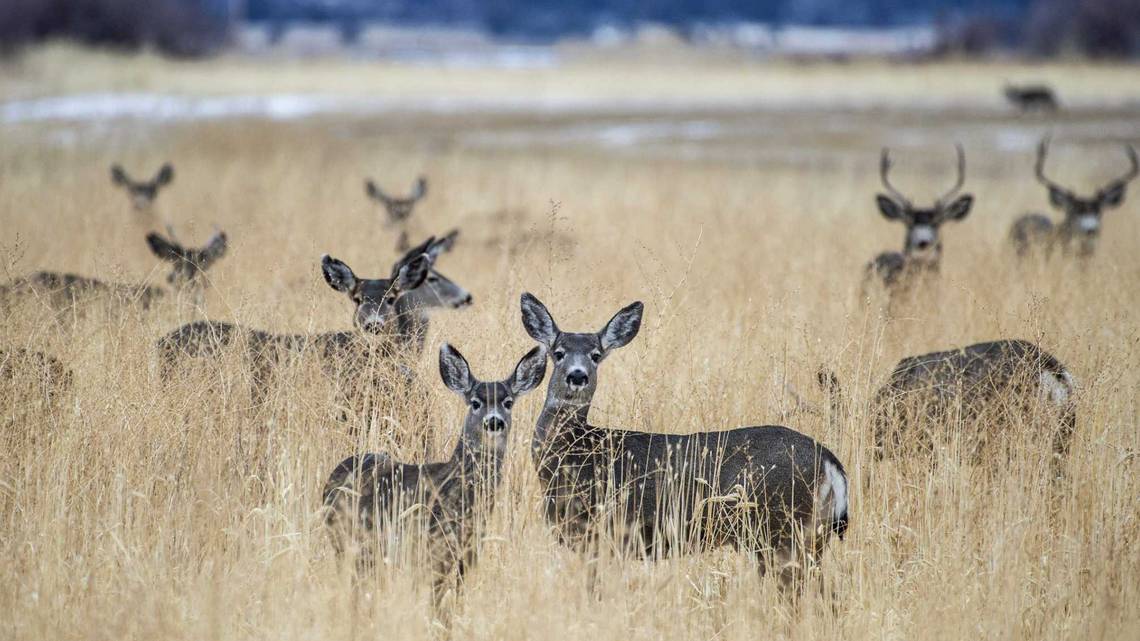The California Department of Fish and Wildlife (CDFW) confirmed on Monday that Chronic Wasting Disease (CWD) has been detected in deer in Madera and Inyo counties, according to a news release dated May 7. Since the affected areas are quite far apart, it’s believed the disease has been present and spreading for some time. While there’s no evidence suggesting CWD can infect humans, a similar disease known as Bovine Spongiform Encephalopathy (BSE) or mad cow disease can be fatal if humans consume infected beef. The Centers for Disease Control (CDC) suggests that if CWD could affect humans, it would likely be through consuming infected deer or elk meat.
CWD is a serious neurological illness that primarily targets cervids such as deer, elk, and reindeer, and it’s already been identified in 34 states. Symptoms include weight loss, coordination difficulties, lethargy, excessive thirst or urination, changes in behavior, and ultimately, death. Unfortunately, there’s no vaccine or cure available.
Although CWD has been found worldwide, it was first recognized in a captive deer at a research facility in Colorado during the 1960s, as per information from the CDC website. By the 1990s, the disease had spread throughout northern Colorado and southern Wyoming. Once established in an area, CWD tends to persist for long periods and can spread further. Therefore, hunters in California are urged to be vigilant and have their harvested deer or elk tested for CWD before consumption.
Dr. Brandon Munk, a wildlife veterinarian with CDFW, emphasized the importance of early detection and prevention: “CWD-infected animals can shed infectious prions even before showing symptoms, and these prions can linger in the environment for years, making it challenging to contain once introduced. The public can help by reporting any signs of illness in deer and elk populations, and hunters should seriously consider testing their harvested deer or elk.”















































